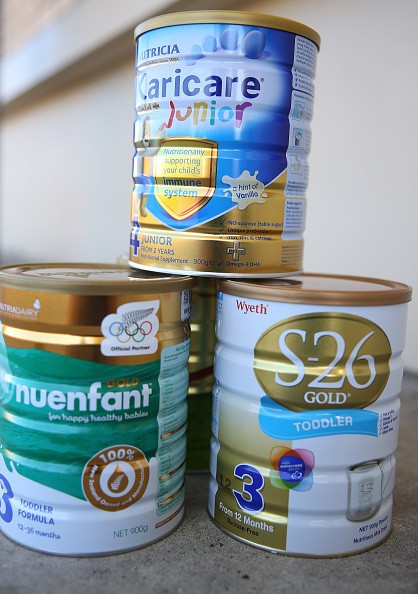
New Zealand officials have announced that someone or some group is making threats to contaminate infant formula in that country. Letters were sent to a national farmer's group and to the dairy cooperative Fonterra in November that contained infant formula laced with 1080, a pesticide used in New Zealand against rats and possums. The blackmailer is calling for New Zealand to stop the use of 1080 in pest control by the end of March.
Government official Nathan Guy called the threat "eco-terrorism." Because no further letters have been received, the matter is being treated by police as an attempt at blackmail rather than terrorism. Police in New Zealand have been investigating the matter since the letters were delivered.
However, there is no evidence that any factories making baby formula have been infiltrated or that any 1080 has been found in any formula products. Security has been increased at production facilities. New Zealanders have been told that they can use infant formula with confidence, but to check packaging on containers for any signs of tampering.
The pesticide is used widely in New Zealand to control rabbits, deer, rats, and possums, all of which are not native to the islands that make up the country. New Zealand has very few native mammals and all others were introduced since the 1300s, when the Maori arrived there. The imported mammals have killed off native species. The pest control policies have been controversial, with conservationists and famers supporting the measures and animal rights advocates opposing them. Also known as sodium fluoroacetate, 1080 is extremely toxic.
New Zealand is the world's largest dairy exporter and the threat is having an impact on the country's economy. Fonterra is the country's largest company. Infant formula from New Zealand is widely used worldwide. Dairy products make up one fourth of New Zealand's export earnings.



